US to suspend certain visas for Vietnamese nationals from March 23
The U.S. will suspend the granting of SR and EB5 visas, including I5 and R5, to Vietnamese citizens from March 23rd, 2018, the U.S. Embassy in Vietnam announced.
 |
The EB-5 visa program has seen growing interests from Vietnamese rich people over the past few years.
“SR, I5 and R5 visas may only be issued prior to March 23rd, 2018. After this date, no SR, I5 or R5 visas may be issued until this programme is reauthorised by the U.S. Congress,” the embassy said on its website.
Pope Thrower, the spokesperson of the embassy, told Lao Dong (Labour) newspaper that the two programmes have expired globally and target no specific country, including Vietnam.
The expiration will not affect the classification of other immigration and non-immigration visas, the spokesperson said.
Under the resolution approved by the U.S. Congress on February 9th, the special immigration programme for labourers working in diplomatic religion, except evangelists, will expire on March 23rd, 2018, Thrower noted.
He noted that after midnight of March 22nd, there will be no SR (religious worker) visas issued abroad nor actions to adjust the status.
The resolution also expands the immigrant investor pilot programme to March 23rd, 2018, he said, stressing that there will be neither I5 and R5 visas granted abroad nor actions to adjust the status after the date.
The spokesperson pledged that the embassy will update information on the U.S.’s visa policy at its website, the website of the U.S.’s Consulate General and at travel.state.gov.
The country's EB-5 investor visa has four categories. The I5 visa is for investors who participate in an investor pilot programme in a targeted area; the R5 is for investors who participate in an investor pilot programme not in a targeted area; the C5 is for investors who create jobs outside of targeted areas; and the T5 is for investors who create jobs in targeted rural or high unemployment areas.
The EB-5 visa program has attracted growing interest from rich Vietnamese people in recent years. Under the program, entrepreneurs, their spouses and unmarried children under 21 are eligible to apply for a green card (permanent residence) if they make the necessary investment in a commercial enterprise in the U.S., and plan to create or preserve 10 permanent full-time jobs for qualified U.S. workers.
Under the program, there are two minimum qualifying investment rates: USD 1 million as the general rate, and USD 500,000 for investors in a high-unemployment or rural area in the U.S., according to the U.S. Citizenship and Immigration Service.
About 10,000 EB-5 visas are issued each year, of which 85 per cent go to Chinese nationals, the Washington Post quoted federal data compiled by Invest in the USA, an EB-5 trade association, as saying. Vietnam, India, Brazil, Taiwan, South Korea, Iran and Venezuela follow as the next-largest contributors.
India’s Business Line reported that the number of Vietnamese people who emigrated to the U.S. under the EB-5 visa program increased from 288 in the 2015-2016 period to 404 in the 2016-2017 period./.
VNF
Recommended
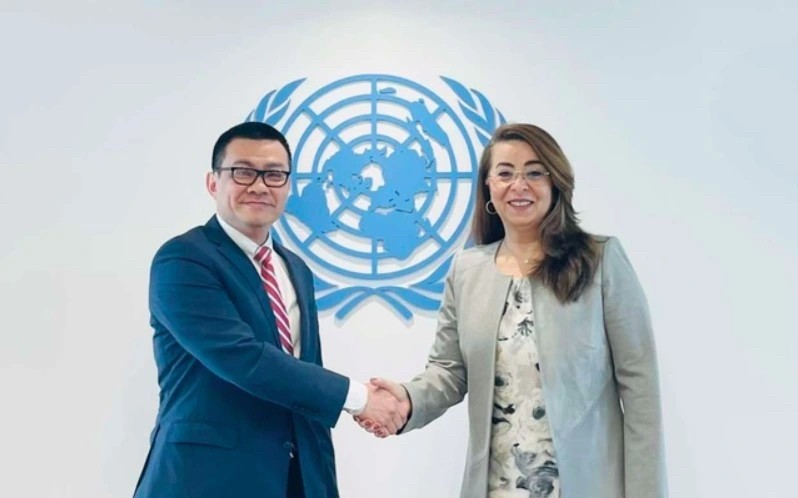 National
National
Vietnam News Today (Apr. 19): UN, Vietnam Step Up Efforts on Cybercrime Convention
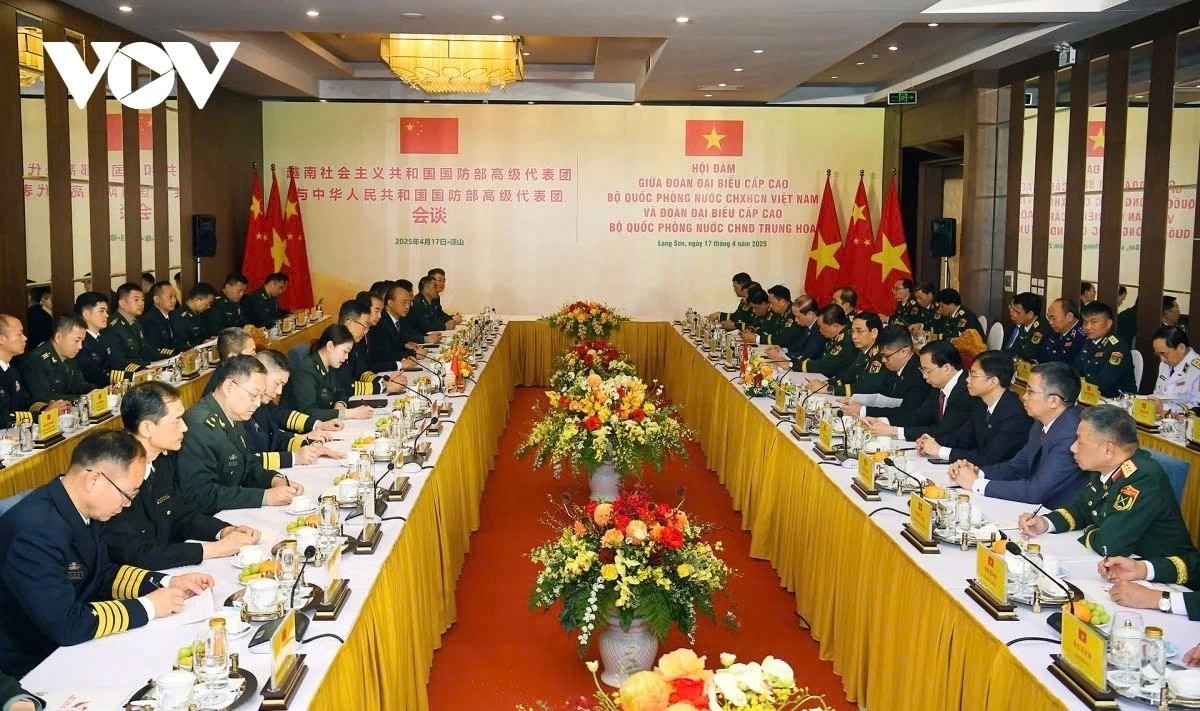 National
National
Vietnam News Today (Apr. 18): P4G Summit in Vietnam - Beacon of Hope for Global Climate Action
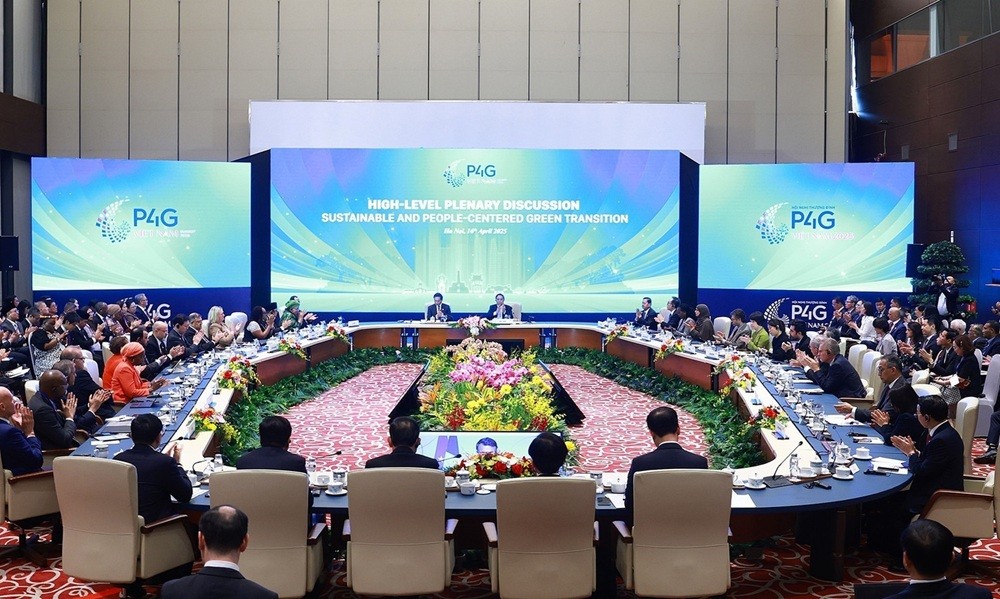 National
National
People must come first to achieve development goals: P4G
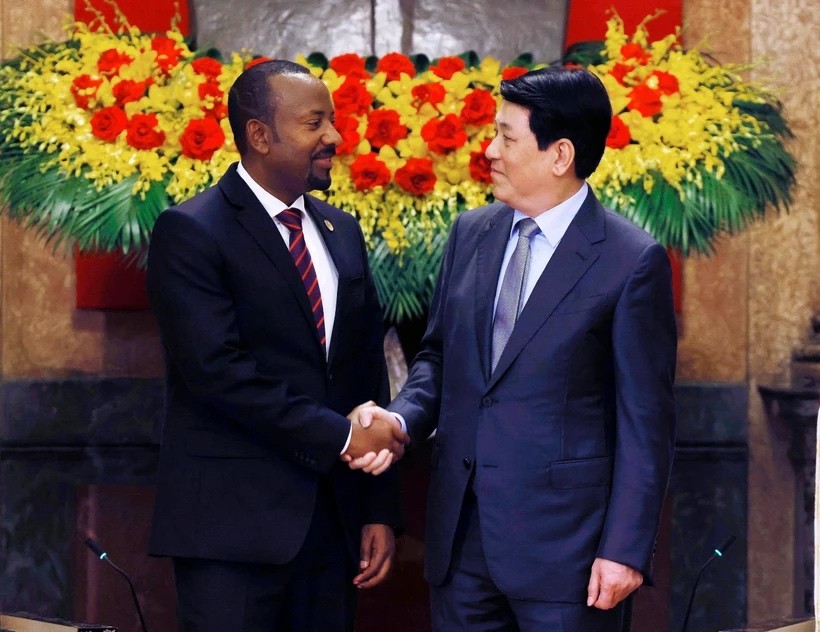 National
National
Vietnam News Today (Apr. 17): Vietnam a Trustworthy Friend of Ethiopian People
Popular article
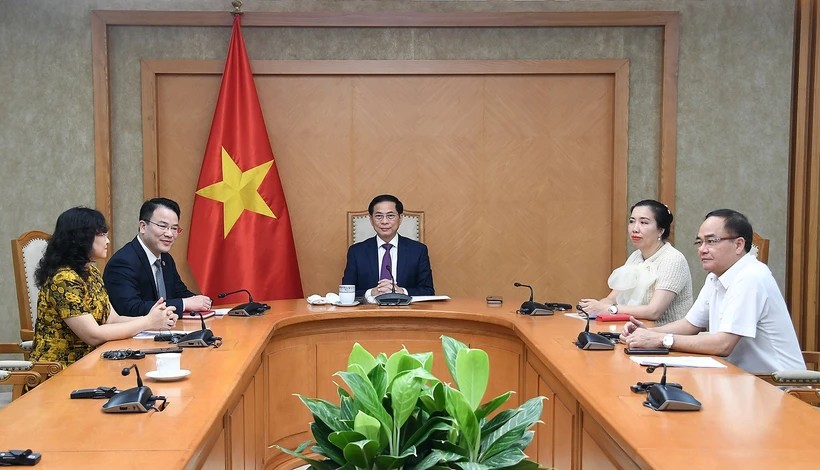 National
National
Vietnam News Today (Apr. 16): EU Eyes Comprehensive Strategic Partnership With Vietnam
 National
National
Ethiopian PM Begins Official Visit to Vietnam
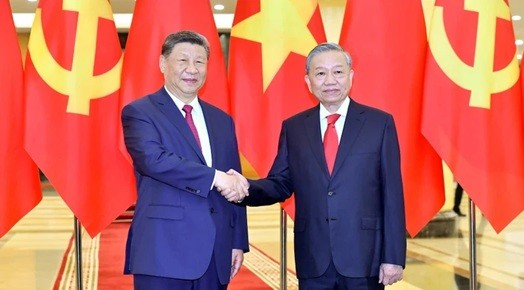 National
National
Top leaders of Vietnam, China hold talks in Hanoi
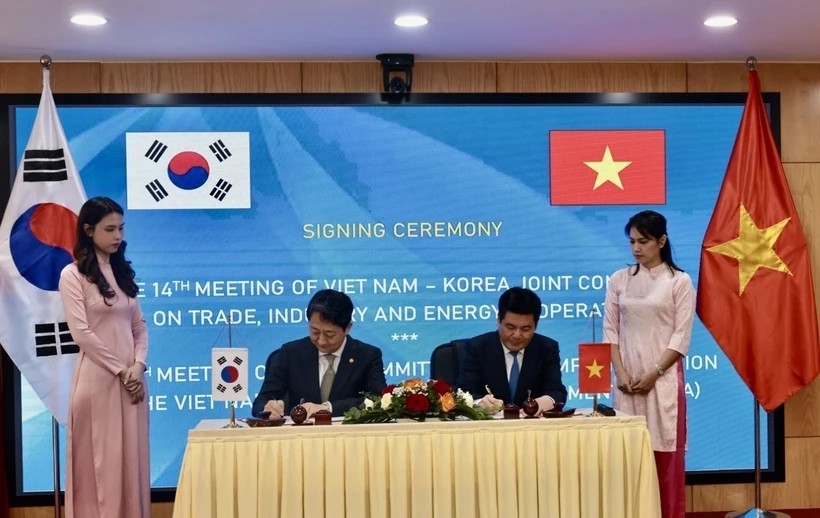 National
National



